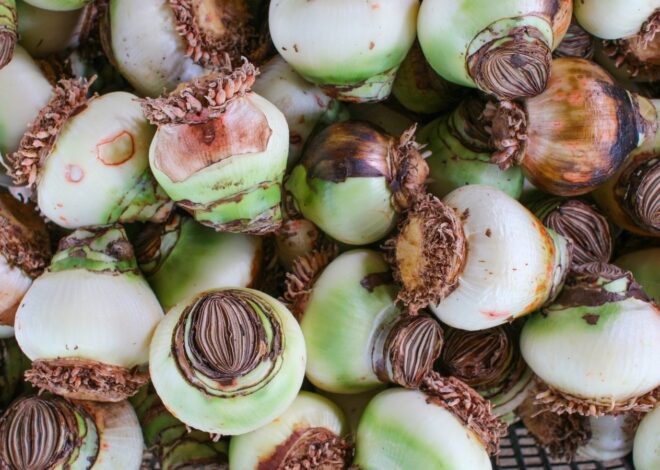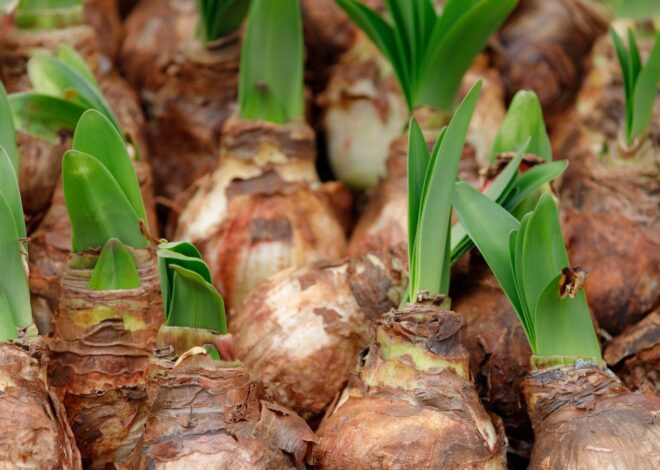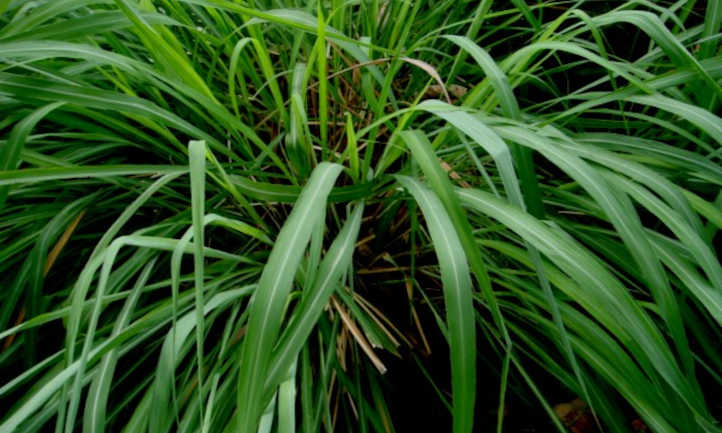
Citronella Plant Pointers: Aromatic Associates
Citronella oil, the savior contained in the battle in opposition to the mighty mosquito! For people who reside in a heat humid native local weather then you should have heard of citronella because of the oil utilized in a burner, a candle or a magnificence lotion smothered on the pores and pores and pores and skin to repel mosquitoes from biting. Nonetheless, have you ever ever learnt the place it comes from? Correctly, let me introduce you to the citronella plant, Cymbopogon nardus!
The citronella plant is to not be confused with one completely different lemony ‘supposed’ insect repellent plant, the scented geranium, Pelargonium citrosum (or Citrosa geranium). The scented geranium, typically usually often called citronella geranium, is straightforward on the attention and smells inconceivable, nonetheless it actually does nothing contained in the battle in opposition to pests.
The true citronella plant is a gigantic tufted perennial grass with inexperienced leaves rising upright to 6ft tall (1.8m) and 4ft big (1.2m) throughout the precise situations. It’s the oil contained all by way of the leaves that repels bugs and it might solely be harvested by the use of crushing the leaves. The existence of those grasses with their medium inexperienced texture alone simply is not going to discourage mosquitos.
The plant’s oil has an extended historic earlier of medicinal use akin to treating lice, parasites, or worms, together with relieving migraines and fevers. Its antibacterial, antimicrobial, anti-inflammatory, and anti-fungal properties make it helpful in each cleansing and surprise merchandise offering them with an unmistakable lemon scent. Planting it’s an environment friendly method so as in order so as to add loads of contrasting textures to your yard.
Fast Care Information


| Frequent Decide | citronella plant, mosquito plant, citronella grass, geranium grass, and nardus grass |
| Scientific Decide | Cymbopogon nardus, Cymbopogon winterianus |
| Household | Poaceae |
| Peak & Unfold | 6ft x 4ft |
| Light | Full picture voltaic to partial shade |
| Soil | Loam |
| Water | Fastened widespread watering |
| Pests & Sicknesses | Leaf blight |
All About The Citronella Plant
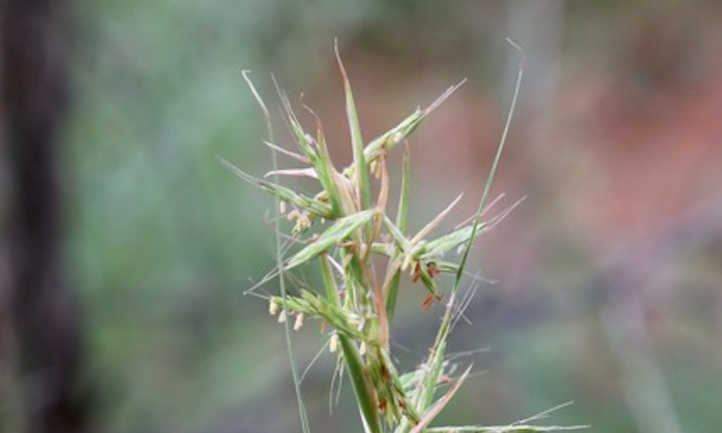

For people who uncover a plant at yard facilities or big self-discipline retailers with the botanical set up Cymbopogon nardus or Cymbopogon winterianus you then definately undoubtedly is likely to be assured it’s possible you’ll want found the well known citronella plant, moreover known as citronella grass, geranium grass, mosquito plant, and nardus grass. It comes from the plant household Poaceae. This grass plant is an upright tufted grass with lance-shaped bluish-green leaves sprouting from extended brownish-red erect stems and rising to 3-4 ft extended (90-120cm).
Citronella grass is an fragrant evergreen perennial, native to Sri Lanka nonetheless frequent in most warm-temperate, subtropical and tropical areas of Asia and Africa. In cooler climates, citronella crops are grown as annuals and launched indoors over winter. It’s intently associated to lemon grass.
When optimum situations are met for rising, the citronella plant will produce panicles of flowers on spikelets borne on extended flowering stems protruding as quite a bit as 6ft from the middle of the plant. These flowers will readily self-seed nonetheless require mounted temperatures of between 20-22 C to germinate. Seeds are gentle brown, dry, and typical of grasses/cereals. Crops grown in cooler climates are quite a bit a lot much less further susceptible to provide viable flowers.
Mosquito crops will unfold naturally by the use of creeping underground rhizomes and might develop to be considerably invasive of their pure tropical native local weather with its vigorous rising habits, out-competing current flora and cultivated crops.
This grass is often grown in a summer season season season border or in window packing containers for its insect repellent properties. Many gardeners take into consideration that the citrus aroma of crops is satisfactory to repel mosquitos like bug zappers nonetheless sadly this isn’t true. It’s the oil contained all by way of the leaves that’s utilized in mosquito repellents, nonetheless it actually should be extracted first by the use of the technique of distillation. For people who merely crush the leaves by hand you’ll launch some oil, nonetheless not satisfactory for repelling mosquitoes. Nonetheless, some gardeners swear that crushing and rubbing the leaves on their pores and pores and pores and skin might be going one in all many pure methods to utilize a mosquito repellent, and that citronella scent could also be worthwhile in retaining loads of mosquitoes away everytime you’re working contained in the yard! Most fascinating to pair them with bug zappers for many fascinating outcomes.
The extracted essential oil of citronella mosquito crops has a powerful lemony perfume usually used to fragrance cosmetics, soaps, deodorants, and pores and pores and pores and skin lotions considerably used as mosquito repellents. Citronella candles and oil burners are used at night time as mosquito repellent. The anti-bacterial and anti-fungal nature of the oil makes it great for cleansing and disinfecting merchandise. Warning ought to be used when utilizing these merchandise. Inhaling the oil vapors would possibly set off an allergic response in some individuals and citronella oil may also irritate delicate pores and pores and pores and skin. The citronella plant will not be edible, in distinction to its shut cousin Cymbopogon citratus, usually generally often called lemon grass.
You possibly have purchased a ‘citronella plant’ with lacy foliage and a citrus scent, then it’s almost positively it’s possible you’ll want lemon-scented geranium, typically usually often called the citronella geranium, which is actually a part of the geranium household. The lacy leaves scent very like this grass, nonetheless the leaves don’t comprise the insect repellent citronella oil and ensuing from this fact are ineffective at retaining these pesky mosquitoes from biting. Sadly, members of the geranium household could also be fairly crops to your yard amongst fully completely different flowers, nonetheless their lacy leaves merely don’t repel mosquitoes efficiently!
Planting Citronella Plant
Mosquito plant is likely to be planted all yr prolonged if grown in tropical, subtropical, or heat temperate climates. The vigorously rising mosquito plant obtained’t take extended to find out. In cooler climates wait till late spring to early summer season season season before planting out into the yard.
Select a location in full picture voltaic with some partial shade on the preferred a part of the day for mosquito plant. Leaves can develop to be merely scorched and look ugly. This grass is adaptable to most soil varieties, nonetheless the mosquito plant prefers moist loam-based soil that’s well-draining.
Rising mosquito crops from seed will not be advisable as germination is likely to be erratic. The vigorous progress and rhizomatic roots make it a serious candidate for propagation from division.
Citronella grass is sweet for rising as potted crops because of it permits you to swap crops into quite a lot of areas to fit your wants. It’s attainable you’ll ought to put money into larger pots as your container crops outgrow smaller containers, or just divide the plant and replant a division throughout the equal container and share the others with fellow gardeners. Container rising mosquito plant is an environment friendly threat for colder zones because of it permits your plant to be merely moved indoors over winter to guard them from frost.
Citronella Plant Care
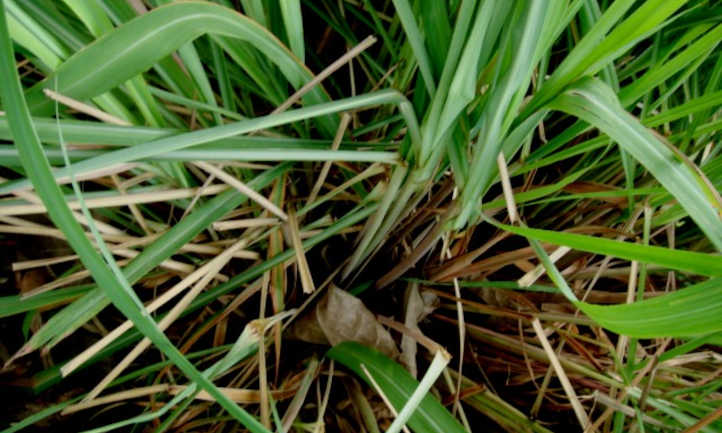

This grass is native to the tropics. Nonetheless, it is vitally adaptable to cooler climates if you understand strategies to deal with it. Let’s talk about mosquito crops, data you’ll ought to know to deal with them, and sustaining their gorgeous foliage in your yard!
Photograph voltaic and Temperature
Citronella is primarily a sub-tropical grass with a variety for full picture voltaic (no less than six hours) and heat temperatures. In terribly well-liked climates present shade or filtered daylight through the preferred time of the day to forestall the leaves from scorching, be sure it may possibly get no less than six hours of daylight. In areas with quite a bit a lot much less warmth, give the plant extra gentle.
Don’t let this plant’s tropical origins put you off rising it in case you is likely to be positioned north of the equator! Hardy to USDA zones 10-12, the citronella plant can tolerate temperatures all one of the best ways proper all the way down to 32ºF (0ºC) nonetheless simply is not going to tolerate extended intervals of frost. Carry your citronella indoors in giant pots when the primary frost is forecast.
Water and Humidity
Present extended deep drinks when the soil begins to dry out or present irrigation by the use of soaker/drip hoses to deal with mounted moisture. This grass prefers persistently moist soil nonetheless surprisingly can tolerate extended intervals of drought. Cut back watering through the winter months nonetheless affirm repeatedly to confirm crops haven’t completely dried out, considerably these grown in containers. A soaker hose or fully completely different type of drip irrigation on the underside of the plant could also be utilized to assist in watering your yard.
Soil
For optimum outcomes develop citronella in a wealthy loam-based, free-draining soil or compost. Citronella may be very adaptive to most soil varieties and as shortly as established will do efficiently. The place soils are very poor, dig in some pure matter before planting to provide dietary nutritional vitamins and to assist with moisture retention. Soil pH must be impartial, and efficiently drained soils are most fascinating.
Fertilizing
Fertilize citronella yearly in spring with an impressive fine quality slow-release nitrogen-rich fertilizer. In case your plant is trying significantly lackluster, then a fast feed with a liquid nitrogen fertilizer or all objective plant meals ought to convey it as soon as extra to healthful rising habits. Along with a main inch of compost numerous cases a yr all through the underside of your plant will even work in lieu of fertilizers or all objective plant meals.
Pruning
Citronella crops require little or no pruning when grown of their pure ambiance. At most, maybe they will income from the odd trim of brown leaves and deadheading each few weeks to forestall self-seeding. Crops grown in containers in cooler climates will income from a difficult prune to six inches (15cm) above the crown before bringing them correct proper right into a sheltered space or indoors over winter. New shoots will seem in spring prepared for going as soon as extra open air.
Propagation
This grass is unlikely to develop viable seeds until grown in optimum native local weather situations. Even with viable seeds, germination is erratic. The principle type of propagation for citronella crops is through division. The vigorous rising nature of citronella lends itself totally for division to deal with plant measurement beneath administration. It’s furthermore an environment friendly approach to maintain container-grown crops in affirm.
Divide a healthful plant that’s no less than 2-3 years outdated and has developed an impressive root system. Dig up your entire plant and utilizing a noticed, spade or knife divide the plant into as many divisions you require. Pot every division up individually or replant into new positions contained in the yard. Water efficiently till crops are established. If utilizing this methodology, assure there’s ample time for the mannequin new mosquito crops to develop to be well-established before the primary frost.
Root cuttings are one different choice if you happen to don’t want to dig up an entire plant. Root cuttings must be taken in winter when crops are dormant and their roots are nutrient-rich, thus giving cuttings top-of-the-line probability to develop. Merely take away soil from the underside of the plant till roots are seen and reduce off 2-3 inches of root with a clear pair of snips. Place the slicing correct proper right into a pot of compost and place someplace vivid and heat, retaining the compost moist. Shoots should look in early spring.
Troubleshooting
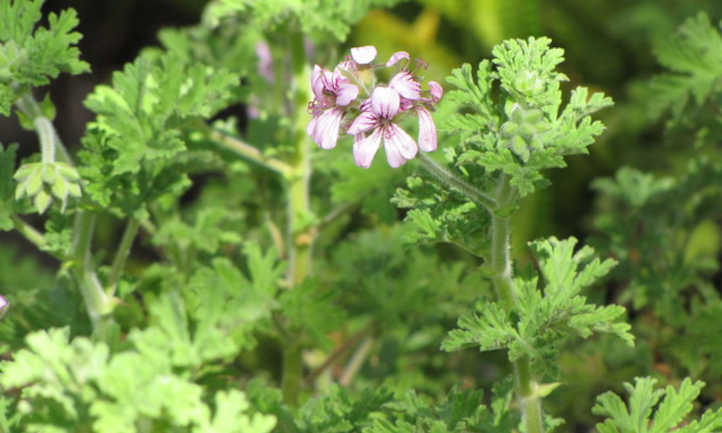

Citronella is a simple plant to deal with with few rising factors. Listed beneath are numerous factors to look out for merely in case. Figuring out these will assist you shield a healthful plant.
Rising Factors
Your mosquito plant advantages from afternoon shade to guard the leaves from picture voltaic scorch through the preferred time of the day. The scorched leaves are ugly and the hurt reduces the plant’s means to photosynthesize thus decreasing the plant’s fundamental correctly being.
Moist toes could also be an issue for citronella crops. Though they like soil to be persistently moist, heavy moist soil will in the reduction of the power of the plant to take up dietary nutritional vitamins from the soil and would possibly set off crops to deteriorate. It would even set off root rot and the demise of the plant. Develop citronella grass in free-draining, loam-based soil to keep away from this rising draw again.
Pests
This citronella tends to not be affected by pests.
Sicknesses
Commercially grown citronella is likely to be topic to leaf blight. That is notably prevalent in sub-tropical climates the place crops are grown densely to supply citronella oil. Lack of air circulation affords great situations for blight to take preserve and would possibly end in a discount in each the amount and fine quality of oil extracted. Blight is way a lot much less frequent in home gardens until crops are allowed to develop to be very congested. Indicators of blight are darkish spots or lesions on leaves from which necrosis begins to rot the leaves. Take away and destroy affected leaves instantly. Divide congested crops each few years and take away ineffective or dying foliage to spice up air circulation. Copper fungicides could also be helpful to assist forestall blight.
Ceaselessly Requested Questions
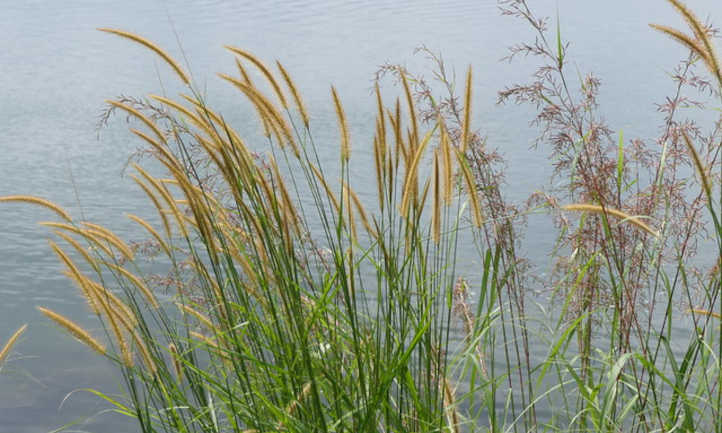

Q: Do citronella crops actually shield mosquitoes away?
A: The oil extracted from the leaves of citronella crops has some pure mosquito repellent qualities when utilized in candles, lotions, and oil burners. The crops of their pure sort don’t assist in repelling mosquitoes.
Q: Does citronella plant like picture voltaic or shade?
A: Citronella plant likes to develop in a vivid sunny spot, nonetheless will income from some shade on the preferred a part of the day to guard leaves from scorch.
Q: Is citronella an impressive houseplant?
A: Citronella is often confused with the citronella geranium or scented geraniums (Pelargonium citrosum, typically usually often called Citrosa geranium), which have a lemony scent and make incredible houseplants. Sadly, the citronella geranium doesn’t repel mosquitoes. True citronella crops are giant grasses rising as quite a bit as 6ft tall and 4ft big and are unsuitable for lots of indoor progress for very extended. It does make for an exquisite patio plant as most individuals have sufficient area on their patio for a good larger species.
